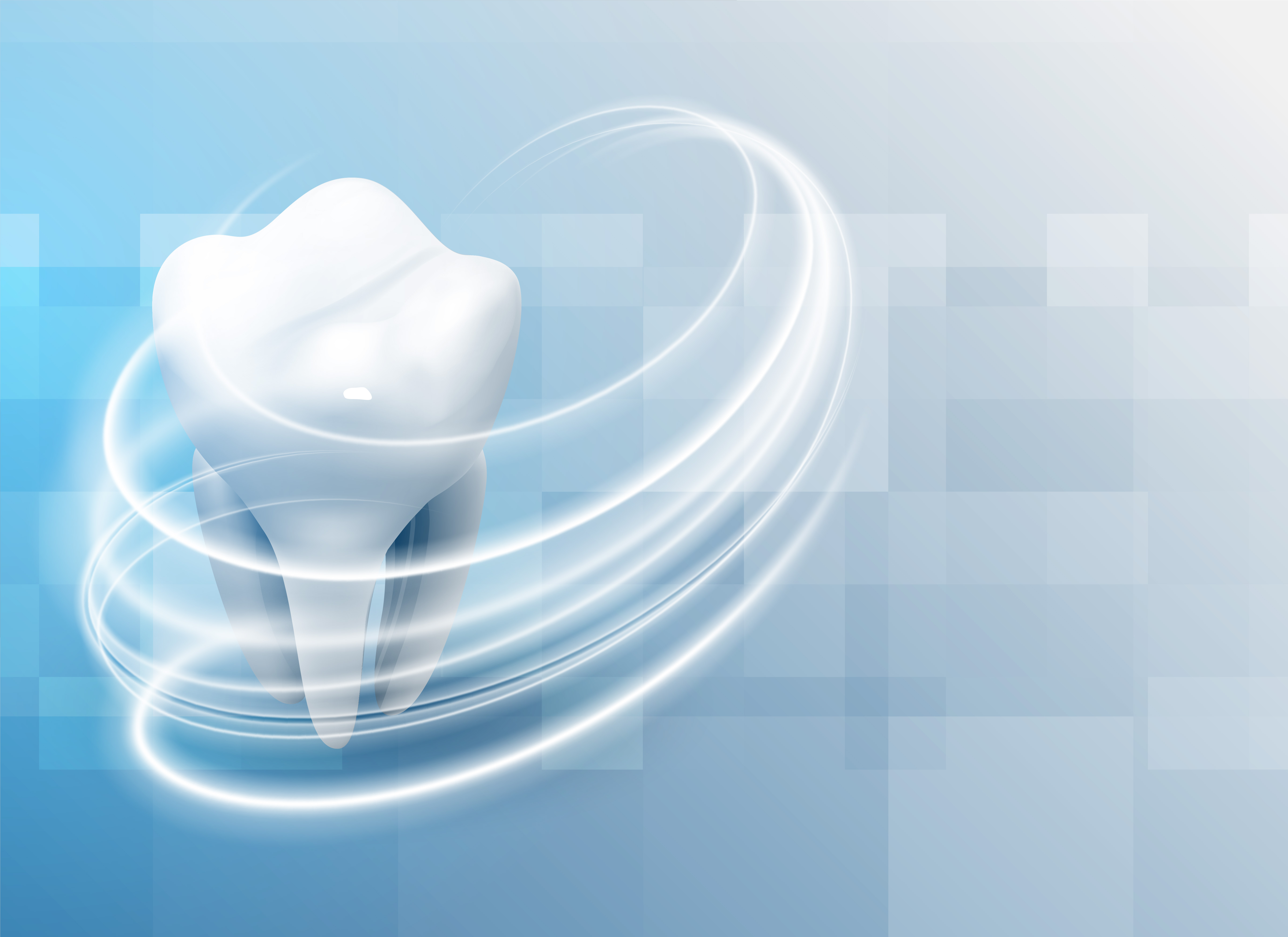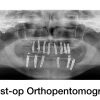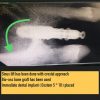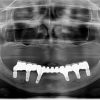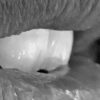ABOUT DENTAL IMPLANT
A dental implant is a titanium post (like a tooth root) that is surgically positioned into the jawbone beneath the gum line that allows your dentist to mount replacement teeth or a bridge into that area. An implant doesn’t come loose like a denture can. Dental implants also benefit general oral health because they do not have to be anchored to other teeth, like bridges.
What Are the Advantages of Dental Implants?
There are many advantages to dental implants, including:
- Improved appearance. Dental implants look and feel like your own teeth. And because they are designed to fuse with bone, they become permanent.
- Improved speech. With poor-fitting dentures, the teeth can slip within the mouth causing you to mumble or slur your words. Dental implants allow you to speak without the worry that teeth might slip.
- Improved comfort. Because they become part of you, implants eliminate the discomfort of removable dentures.
- Easier eating. Sliding dentures can make chewing difficult. Dental implants function like your own teeth, allowing you to eat your favorite foods with confidence and without pain.
- Improved self-esteem. Dental implants can give you back your smile and help you feel better about yourself.
- Improved oral health. Dental implants don’t require reducing other teeth, as a tooth-supported bridge does. Because nearby teeth are not altered to support the implant, more of your own teeth are left intact, improving long-term oral health. Individual implants also allow easier access between teeth, improving oral hygiene.
- Durability. Implants are very durable and will last many years. With good care, many implants last a lifetime.
- Convenience. Removable dentures are just that; removable. Dental implants eliminate the embarrassing inconvenience of removing dentures, as well as the need for messy adhesives to keep them in place.
Can Anyone Get Dental Implants?
In most cases, anyone healthy enough to undergo a routine dental extraction or oral surgery can be considered for a dental implant. Patients should have healthy gums and enough bone to hold the implant. They also must be committed to good oral hygiene and regular dental visits. Heavy smokers, people suffering from uncontrolled chronic disorders — such as diabetes or heart disease or patients who have had radiation therapy to the head/neck area need to be evaluated on an individual basis. If you are considering implants, talk to your dentist to see if they are right for you.
Missing a Single Tooth?
A dental implant is a most natural, predictable and functionally stable method of replacing a single missing tooth.
What are the advantages of a single-tooth implant over a bridge?
A dental implant provides several advantages over other tooth replacement options. In addition to looking and functioning like a natural tooth, a dental implant replaces a single tooth without sacrificing the health of neighboring teeth. The other common treatment for the loss of a single tooth, a tooth-supported fixed bridge, requires that adjacent teeth be ground down to support the cemented bridge.
In the long term, a single implant can be more esthetic and easier to keep clean than a bridge. Gums can recede around a bridge, leaving a visible defect when the metal base or collar of the bridge becomes exposed. Resorbed bone beneath the bridge can lead to an unattractive smile. And, the cement holding the bridge in place can wash out, allowing bacteria to decay the teeth that anchor the bridge.
Problem:
- Tooth lost due to infection, failed treatment, tooth decay, or gum disease
- Tooth missing from birth
- Accidental loss of tooth due to a sports injury or trauma
Solution:
- A Dental Implant provides the most natural and functionally stable tooth replacement
- No need to damage adjacent teeth
- No need to ‘tolerate’ a loose or uncomfortable denture
- Predictable long-term success
Several missing teeth? Trouble chewing effectively?
If you have just lost another molar tooth and you are concerned about your chewing effectiveness, or you have been unfortunate enough to have had an accident and lost or damaged some of your front teeth, then an Implant supported bridge could be the ideal answer for you. Two or more implants can be used to support several fixed teeth. Implant supported bridges are frequently used to improve chewing function, where several molar teeth have been lost or to replace front teeth lost in an accident. No need to wear an uncomfortable denture.
Problem:
- Several adjacent missing teeth?
- Difficulty chewing effectively?
- Concerned about ‘overloading’ remaining teeth?
- Has an accident damaged several front teeth?
Solution:
- An implant supported bridge looks, feels and functions like the natural teeth.
- Restores natural chewing movements, prevents ‘overloading’ remaining teeth
- Fixed in place, no need to remove to clean
- Most predictable long-term outcome, with highest success rates


